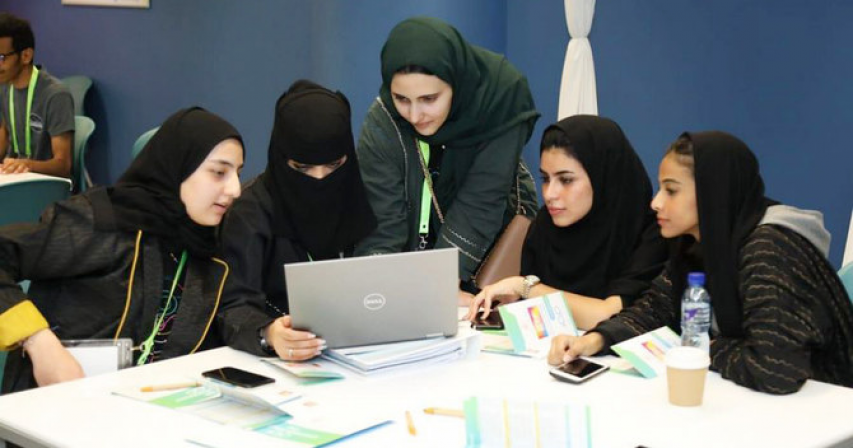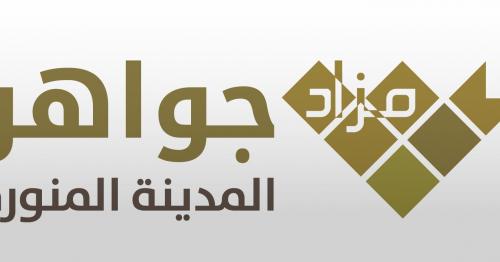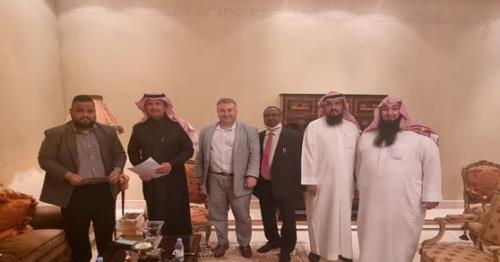Women in Saudi Arabia are reaping rewards of reforms, envoy tells UN

JEDDAH: Women’s rights is one of the issues that has benefited most from recent reforms and development projects in Saudi Arabia, according to a member of the Kingdom’s permanent delegation to the UN.
During a speech to the Third Committee on Tuesday, during the 75th session of the General Assembly, Mohammed Khashaan, second secretary of the Saudi mission to the UN, highlighted the range and scale of measures his government has implemented in the past few years. The committee examines social, humanitarian, cultural and human rights issues affecting people all over the world.
Some of the most important reforms in the Kingdom have included changes to laws designed to enhance the rights of women in a number of fields and promote gender equality, he said.
As a result, Saudi women have been appointed to high-ranking positions in the public and private sectors, as well as diplomatic missions, Khashaan added. In addition, more Saudi women are working in the legal profession and have more opportunities to represent clients in court and work in public prosecution offices.
May Alobaidy, who was the first Saudi woman to be appointed an adviser to a minister, believes that increased participation by women is a vital step toward achieving sustainable development and economic prosperity, which is a challenge facing many economies around the world.
“If we look at the empowerment of women worldwide, we see that Saudi Arabia has the biggest share, and it is proceeding at an extremely fast pace,” she said. “As a Saudi woman holding a leading position, I do see a real impact of these social reforms in society.
“Women’s empowerment is noticeable in the increasing participation of women in the labor market, which has hugely pushed for gender equality. Moreover, a growing number of women are occupying leadership positions, locally and globally. Also, new government policies and legislation have been introduced in the past few years to increase the employment of women in all fields.”
Khashaan highlighted a number of initiatives that aim to empower Saudi women, including the Children Hospitality Service Subsidy Program for Working Mothers (Qurrah), which helps women working in the private sector find child care, and the Female Transportation Program (Wusool), which provides subsidies for safe and secure transport to and from work.
In addition, he said, a remote-work program, which includes a portal for self-employment and freelancing, and a wage protection system from the Ministry of Human Resource and Social Development have increased women’s options and provide opportunities to boost income and economic empowerment.
Khashaan added that a national platform for female leaders, called Qiyadiyat, has been established to provide training for female leaders, along with a number of other programs and initiatives. In addition, the Saudi Human Rights Commission was reconstituted this year to ensure equal representation for men and women.
Alobaidy praised the work of the Saudi leadership in support of the empowerment of women, and their social, economic and developmental efforts, which form a significant aspect of Saudi Vision 2030.
“Recently the Labor20 Summit, which was held as part of Saudi Arabia’s presidency of this year’s G20 Summit, stressed the importance of empowering Saudi women and youth,” she said.
“Saudi Arabia has proven its commitment to building on the achievements of previous G20 presidencies by ensuring tangible progress in youth and female empowerment.
“Women do have a responsibility to themselves to take advantage of these reforms and empower and support one another while investing in their careers — so you do not just dream about success, you have to work for it.”
Saudi Arabia also recently amended its social security system to ensure equality between genders with regards to retirement age, and granted female employees 70 days of maternity leave with full pay.
Khashaan said that the Kingdom has also made progress in strengthening and protecting children’s rights through the introduction of initiatives such as new child protection laws and executive regulations. The laws provides a comprehensive legal framework designed to protect children under the age of 18 from harm or neglect, and to aid enforcement of the child protection system by setting a minimum age for marriage and a system for prosecuting violators.






Comments